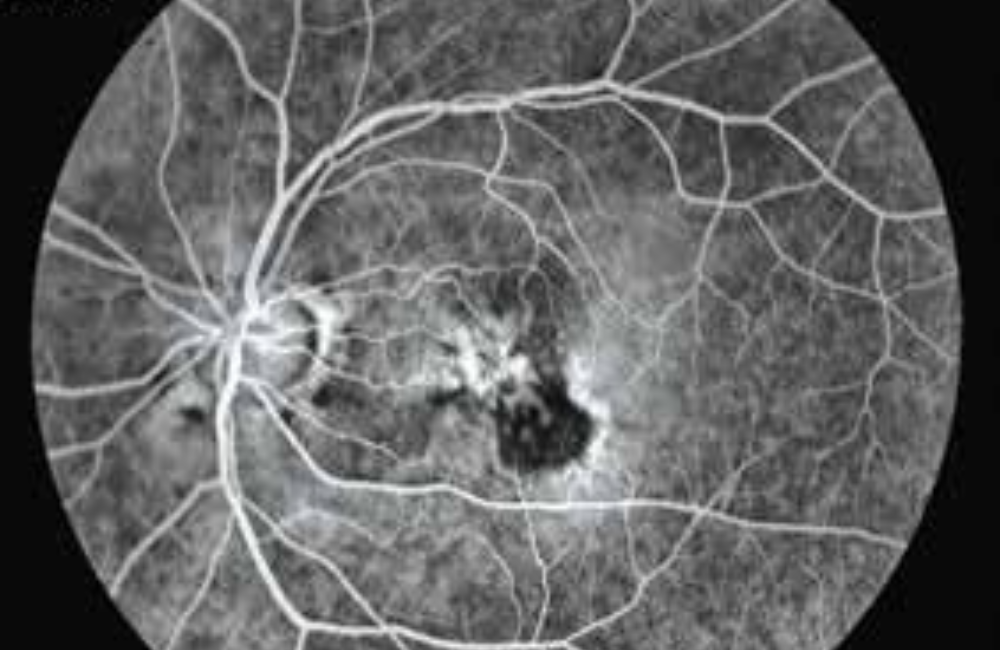Dry Macular Degeneration, Macular Degeneration, Tampa Retina, Wet Macular DegenerationSeptember 20, 2023


Dry Macular Degeneration
Wet Macular Degeneration
The doctors at Retina Associates of Florida provide the latest diagnostic and treatments for age-related macular degeneration (AMD) in their Tampa, Brandon and Lakeland offices.
The website/blog does not provide medical, professional, or licensed advice and are not a substitute for consultation with a health care professional.